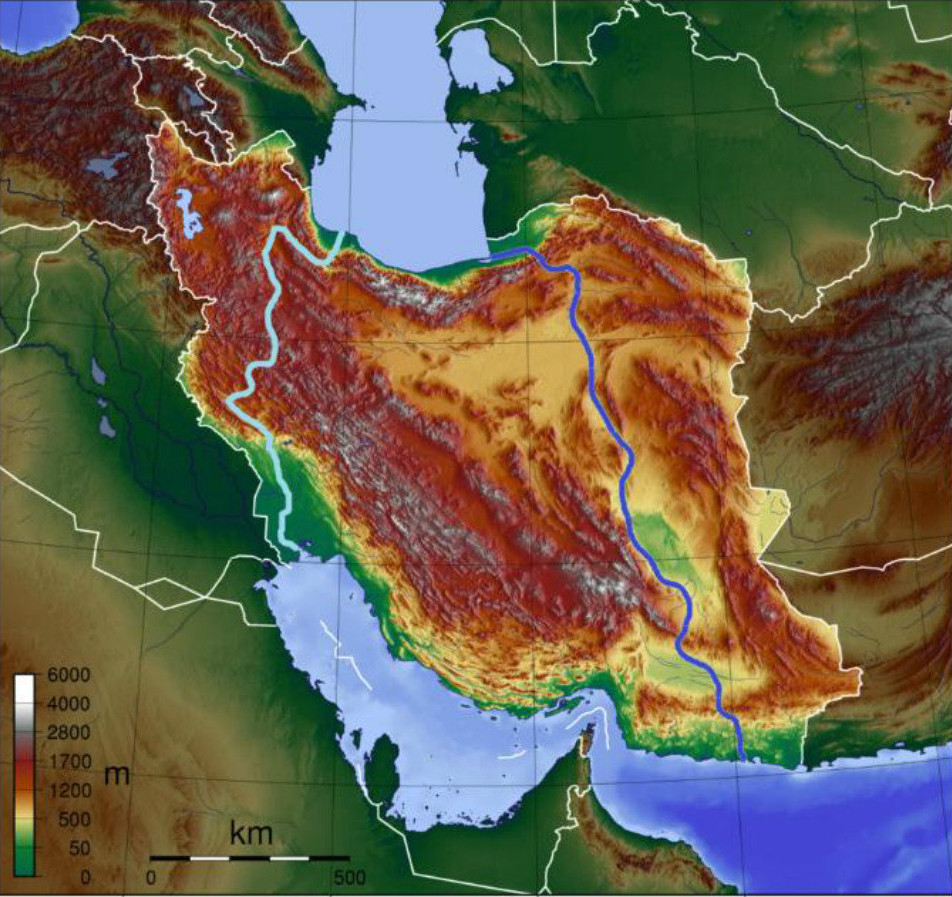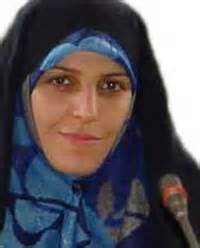April 15, 2016

Russia and Iran are discussing a multi-billion dollar proposal to build a canal from the Caspian Sea to the southern coast of Iran.
The shorter route to the northern end of the Persian Gulf would stretch over 765 kilometers, while the longer route to the Arabian Sea would be almost twice as long at 1,400 kilometers.
That makes the prospects seem unlikely to many. But the Grand Canal in China—built over a thousand years and finished about 600 CE—is almost 1,800 kilometers long. And the Soviet-built Qaraqum Canal is 1,400 kilometers long.
The bigger challenge is probably getting the canal over Iran’s mountains. The planners haven’t said how high the ships would have to be raised and lowered and how that compares to existing canals.
Intensified discussions on the possibility of a “trans-Iranian” canal began in 2012, when then-Energy Minister Majid Namjoo told the Fars news agency the project would cost about $7 billion. A figure of $10 billion is now being used.
Russia’s Vzglyad newspaper said the cost of the project could be recovered in as little as three or four years, given estimated yearly shipping revenues of $1.4 billion from the Russian side and $1.7 billion for Iran.
For Russia, experts say, the central appeal is that it would provide Russian ships with speedy access to the Indian Ocean, bypassing the Turkish straits—and frictions with Turkey.
The project’s main opponent, naturally, is Turkey, since a trans-Iranian canal would create direct competition for the Turkish straits.
The project has been discussed since the late 19th Century, but never moved beyond discussion due to geopolitics, especially Czarist Russia’s and the Soviet Union’s complicated relations with Iran.
Discussions picked up in the 1990s, after the Soviet Union dissolved, with a joint expert group established in 1998, and the Islamic Republic approving a revised feasibility study in 1999. But US sanctions soon smothered the idea.
A series of problems remain to be resolved. Chingiz Isma-yilov, the head of the Caspian Scientific Research and Information Center at Baku State University, told Vzgylad these include the problem of the Alborz mountain range across northern Iran.
The project also would require significant amounts of land, for which local residents would have to be paid compensation. Moreover, such a long canal might increase flooding, which in turn could make earthquakes more frequent.
Ismayilov also said. “Even taking the shorter route, construction may be delayed for decades, because a canal running hundreds of kilometers cannot be reinforced only by concrete; new materials and technologies and the time for their creation and introduction would be needed. Such a canal could remain under construction for many years.”
Andrei Grozin, the head of the department of Central Asian Studies at the CIS Institute, suggested that economics and political will, rather than feasibility, are the main factors holding back the project at the moment.
Speaking to Rissia’s Svobodnaya Pressa newspaper, Grozin emphasized that “given the desire and sufficient resources, anything is possible. There is no data indicating that the project is impossible from a technical standpoint. However, in the current situation, its prospects remain uncertain, however appealing the project may look.”
Pointing to the price tag, the elevation challenge, and the long construction period, Grozin concluded that at the moment, “neither Russia nor Iran—nor China, which may also find the project interesting,…—have the necessary available resources. Bypassing the Turkish straits in the present geopolitical realities is an attractive idea, but it is not sufficient to force the sides to take the risk and begin such a project in the near future.”
Semyon Bagdasarov, the director of the Moscow-based Center for Middle Eastern and Central Asian Studies, suggested that there was another important aspect to the project: Iran’s geopolitical security.
“Iran would like to create an entire series of transport links” designed to give the country a measure of security “in case Turkey or the West try to block off the country in the future, hence all these grand projects. As to whether it is possible to implement them—that remains the big question.”























